This blog concerns Tom Hayes, the Aspergic derivatives trader who was convicted in relation to the “manipulation” of the Japanese Yen LIBOR rate and jailed for 14 years.
On 3 August 2015, Tom was convicted of LIBOR “manipulation” and received an exceptionally harsh sentence despite the fact that, rightly or wrongly, the practice in which he engaged was not only standard market practice for 20 years, but a documented and standard instruction at one of his employer banks. Far from being a “ring master” rogue, Tom was instructed to undertake the activity for which he has been convicted by various people senior to him. Moreover, his bosses engaged in identical behaviour and both his immediate superiors and senior management were fully aware of and condoned his actions. It was considered an acceptable business practice across the world.
Both the British Bankers Association (responsible for the oversight of LIBOR at the time) and the Bank of England were aware of the type of behaviour Tom was engaged in. Although it is now deemed deeply criminal by the courts and the prosecution, it was not a criminal offence at the time. This behaviour, acceptable for 20 years or more and practiced across the globe in many panel banks, was criminalised retrospectively by the English courts in 2014, creating a new standard that seemingly nobody was previously aware of.
Range
So what exactly is it that Tom has done? Tom has been convicted of agreeing dishonestly to “manipulate” the Japanese Yen LIBOR rate, such that a false rate was supposedly submitted, leading to a monetary gain for his employer bank and a monetary loss for his employer bank’s trading counterparty.
However, a bank’s potential LIBOR submission is not one number. The rate at which a bank can borrow in any one currency for a specified period of time changes constantly and, at the time, a LIBOR submitter typically employed a variety of methods when determining the LIBOR submission. These methods led to a range of numbers from which a submitter could choose when making a LIBOR submission – all of the numbers within that range were justifiable, correct, honest and suitable for submission as a LIBOR value. Tom only ever requested numbers from within the range. The most senior tribunal of the Financial Conduct Authority, the Regulatory Decisions Committee, recently considered the issue of the range, accepting its existence and exonerating another LIBOR trader largely on these grounds.
From Tom’s perspective, the practice of requesting a rate from the range but to the commercial advantage of his employer bank was not dishonest. His logic would dictate that it could never be so: if the submitter submits a LIBOR rate that is indeed the rate at which a bank can borrow, how can that submission be incorrect? If the submission is correct, how can it be fraudulent?
Tom is not dishonest and his actions were not dishonest – he only ever requested the submission of a rate that was a legitimate reflection of LIBOR.
False confessions
So why then, you may ask, did Tom enter into a co-operation programme with the SFO, admit to dishonesty and incriminate himself in 82 hours of interviews? Commentators have described this aspect of Tom’s legal strategy as “wonky”, amongst other things. But there was no legal strategy. Tom, in a suicidal state that required daily management in order to avoid his baby son growing up without a father, entered into the co-operation programme out of sheer desperation to avoid being extradited to the US. Tom would not have entered into the co-operation programme if the US had not threatened his extradition just over one week after his arrest in the UK. He said that he would kill himself rather than be put on a plane out there. The US charge and threat of extradition came like a bolt out of the blue – the DoJ had never interviewed Tom, had never asked for his version of events. Tom quite simply could not cope with both prosecutors entering into a turf war over his liberty. It is worth noting that, at the time of Tom’s proposed entry on to the SOCPA programme, the SFO were fully aware of Tom’s extradition concerns, helpfully pointing out to Tom’s lawyers that Tom is a young man and probably would not want the threat of extradition hanging over him for the rest of his life. Tom later dropped out of SOCPA – he couldn’t live with it. He described it as a potential life sentence.
Tom was aware that the admissions he had made in the SOCPA programme would be used against him at trial, but he said that he would rather lose at trial on that basis than be forced, by our woeful extradition arrangements with the US, into pleading guilty in the UK to something he had not done.
Asperger’s
During the SOCPA process, Tom was interviewed by the SFO with none of the protections that our system should afford to someone on the Autistic Spectrum. Astonishingly, the medical evidence concerning Tom’s diagnosis of Asperger’s Syndrome was deemed inadmissible, and this likely meant that the jury could not have fully understood the limitations of the SOCPA interviews. Nor could they have understood Tom’s perspective on the world, his work, his interactions with those around him and, in particular, his bosses. They could not have grasped his inability to comprehend many of the questions put to him at trial, nor indeed the manner in which he answered those questions.
Victims?
Another angle, which many will no doubt have noted, is that Tom’s case concerns Japanese Yen LIBOR and therefore does not impact on the UK or its citizens. Contrary to popular political rhetoric, and as confirmed by the prosecution’s own expert witness at trial, there are no retail products tied to Japanese Yen LIBOR – no UK mortgages, student loans or credit cards were affected by Tom’s actions (these types of products in the UK often reference the Bank of England’s Base Rate). Knowing this, the prosecution’s case was actually brought in relation to loss suffered by the counterparties to Tom’s Japanese Yen derivative trades, rather than any loss to the general public or any individual. You may guess as to the identities of these counterparties – other banks, with the odd hedge fund thrown in. It is no surprise, then, that the prosecution did not seek to name any “victims”.
Unfair trial
Both the trial itself and the pre-trial hearings were plagued with shortcomings, from a failure to explain adequately to the jury Tom’s Aspergic perspective on life and work and his presentation in the witness box, to a failure by the prosecution to interview the necessary individuals, to a failure to put before the jury all available evidence proving the existence of the range and the regulator’s view of it, to the 8 million missing pieces of evidence that one of Tom’s former employer banks did not provide on the basis of banking secrecy law. From the outset, Tom felt very strongly that the trial judge was biased against him – the judge made various statements many months before trial that made Tom fear he could never get a fair trial.
Political prosecution
It is our view that the case against Tom was politically motivated – brought above all else to abate public anger at the banks over the financial crisis. However, Tom’s actions had absolutely nothing to do with the financial crisis.
It is noteworthy that in other places in the world the behaviour in which Tom engaged has not been deemed criminal. In Germany, for example, traders accused of the same behaviour who lost their jobs as a result were reinstated and paid back-pay under the direction of the German courts. A trader from one of Tom’s former employer banks was cleared by the Regulatory Decisions Committee of any wrongdoing despite engaging in exactly the same behaviour for which Tom has been convicted. We query why Tom has received a 14 year, reduced to 11 years on appeal, jail sentence for his behaviour while others receive no sanction whatsoever for identical behaviour.
The public should be asking themselves whether the people responsible for the financial crisis have been pursued. And they should be made aware that Tom Hayes is innocent.
The Tom Hayes Support Group
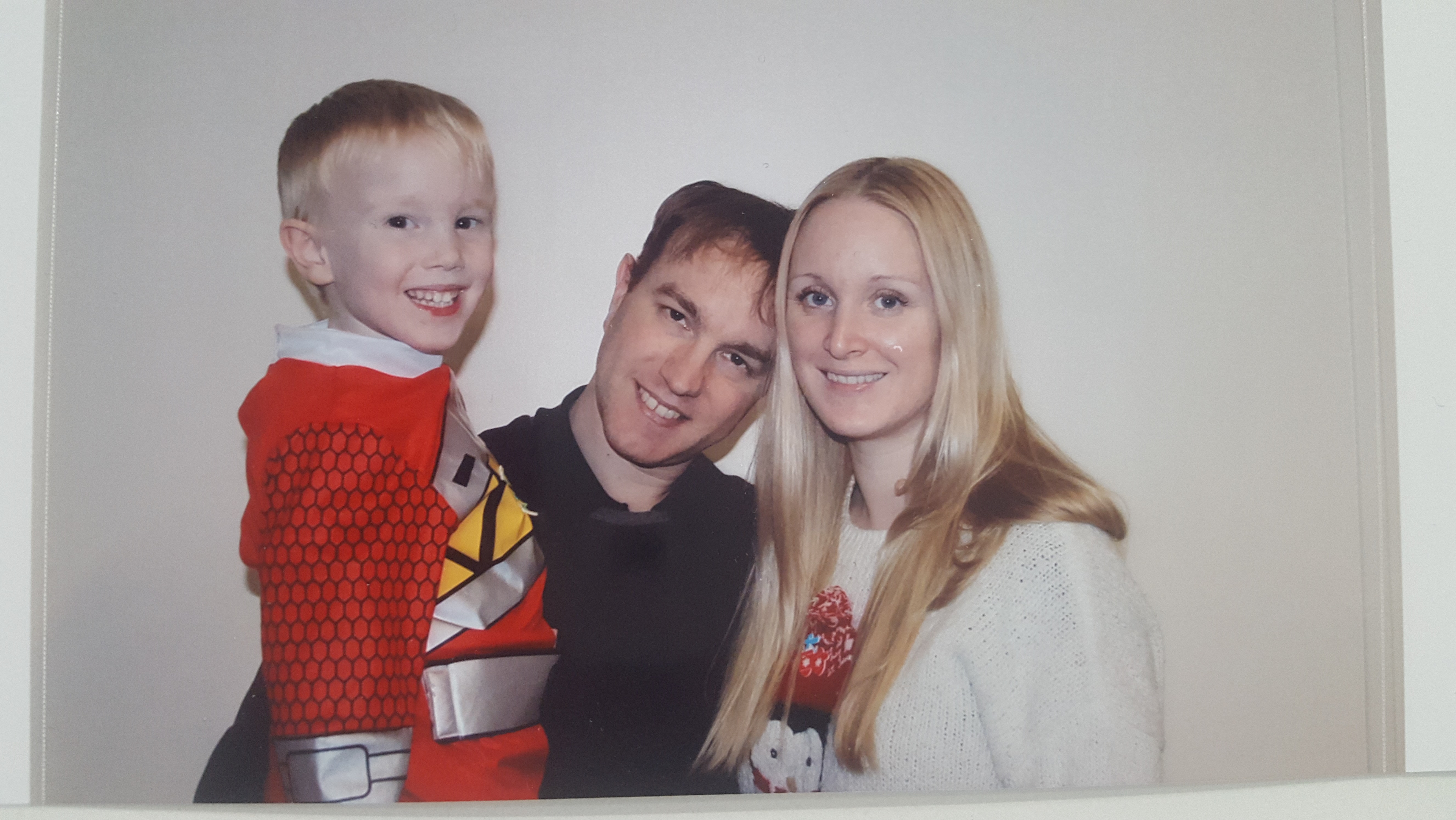
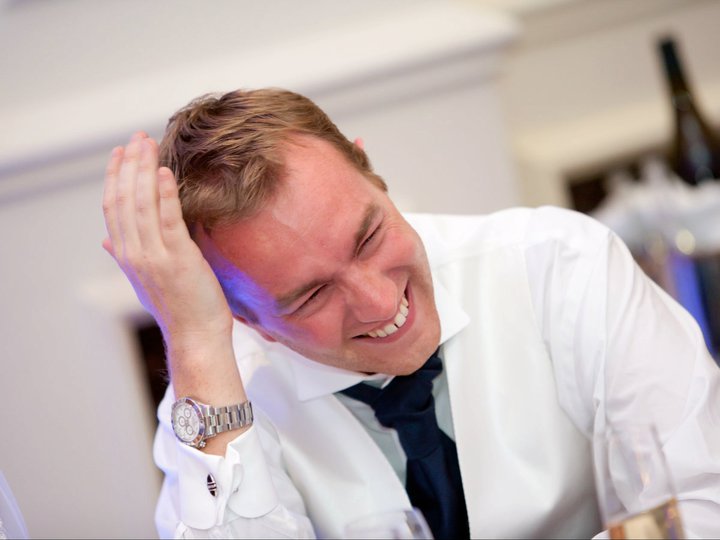



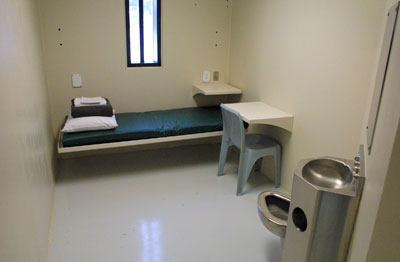
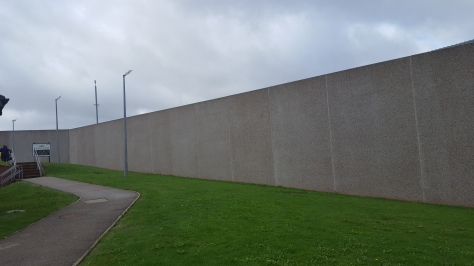
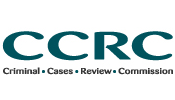
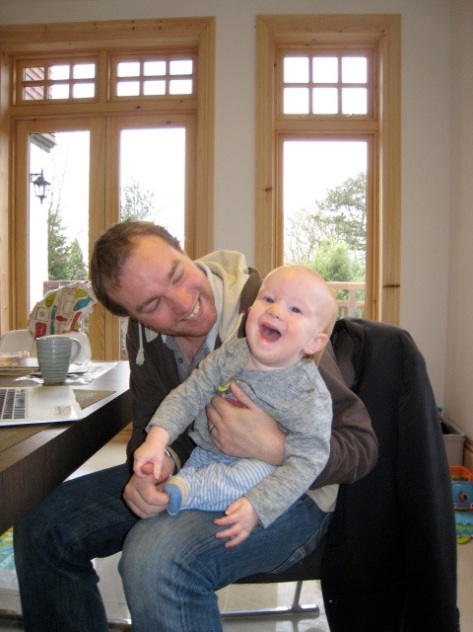
 Well, May was a busy month.
Well, May was a busy month.